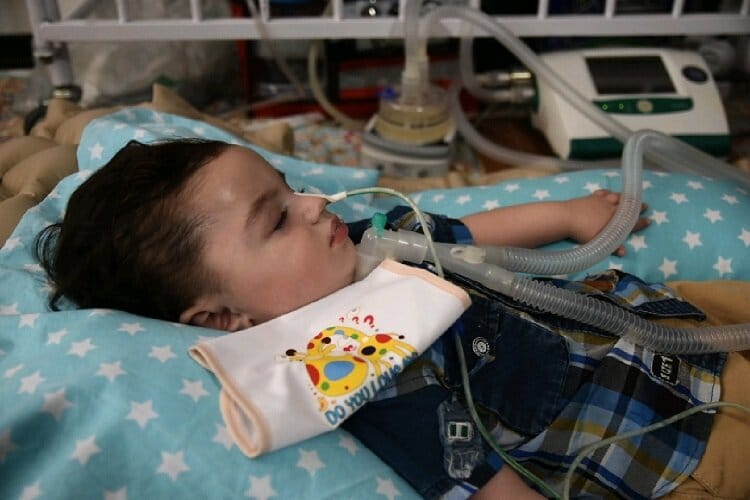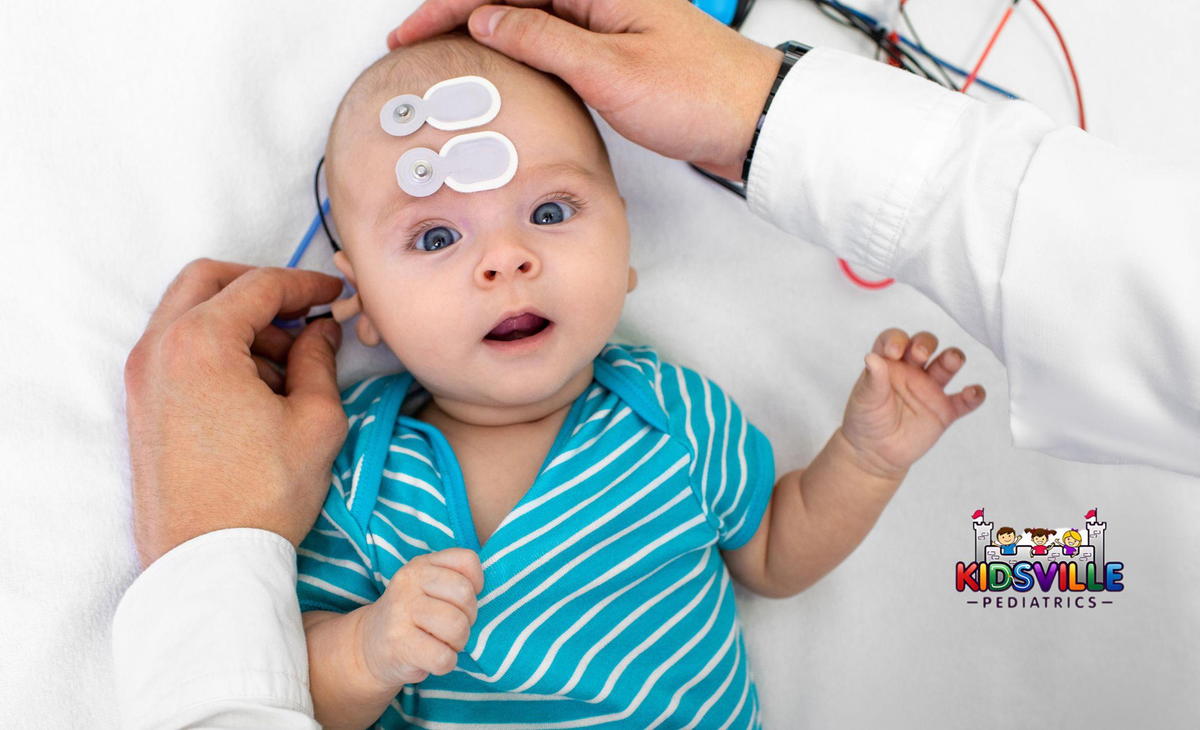Spinal Muscular Atrophy (SMA) is a serious genetic neuromuscular disorder causing progressive muscle weakness and loss of motor functions. It ranks among the leading genetic causes of infant mortality—but recent therapies offer renewed hope, especially with early diagnosis and treatment.
Understanding SMA:
SMA results from a deficiency of SMN protein, essential for motor neuron survival. Infants typically display hypotonia (“floppy baby”), weak feeding, and respiratory distress. Without intervention, Type I SMA may be fatal within two years. Diagnoses of Types II and III follow similar patterns of progressive decline.
Advancements in Care:
The introduction of disease-modifying treatments—nusinersen, risdiplam, and the gene therapy onasemnogene abeparvovec—has shifted the paradigm. These treatments halt or reverse neuronal loss when administered early.
Dr. Mathur’s Approach:
At his clinic, Dr. Mathur emphasizes early genetic testing. When SMA is confirmed, he coordinates rapid initiation of therapy, collaborating with physiotherapists, respiratory specialists, and nutritionists. For example, nusinersen is delivered via intrathecal injections under sedation, combined with rehabilitative support.
COVID-19 Experience:
As a member of a national SMA task force during the pandemic, Dr. Mathur helped draft guidelines ensuring uninterrupted therapy for children with SMA, balancing infection risk and timely treatment.
Patient Spotlight:
Little Vihaan began risdiplam at 4 months; by one year, he was rolling and sitting unsupported. His improvement underscores the transformative power of prompt treatment.
Family Guidance:
Dr. Mathur educates families on home care, potential side effects, and long-term follow-up. Parents leave empowered, knowing they’re part of a supportive, knowledgeable team.
Conclusion:
SMA no longer carries a foregone conclusion. With genetic screening, early therapy, and holistic support, Dr. Mathur offers children a chance at independence and families a renewed sense of hope. His clinic models how evidence-based medicine and empathetic care can combine to rewrite futures.



Add a Comment